This book presents a social and cultural history of “dishonorable people” (unehrliche Leute), an outcast group in early modern Germany. Executioners, skinners, grave-diggers, shepherds, barber-surgeons, millers, linen-weavers, sow-gelders, latrine-cleaners, and bailiffs were among the “dishonorable” by virtue of their trades. It shows the extent to which dishonor determined the life chances and self-identity of these people. Taking Augsburg as a prime example, it investigates how honorable estates interacted with dishonorable people, and shows how the pollution anxieties of early modern Germans structured social and political relations within honorable society.
ترجمه فارسی (ترجمه ماشینی)
این کتاب تاریخ اجتماعی و فرهنگی «مردم بی شرف» (unehrliche Leute)، یک گروه رانده شده در اوایل آلمان مدرن را ارائه می دهد. جلادها، پوست کنان، گورکنان، چوپانان، آرایشگران، جراحان، آسیابانان، کتانی بافان، خروسکن ها، مستراح ها و ضابطان به دلیل پیشه هایشان از جمله «بی شرفان» بودند. این نشان می دهد که بی ناموسی تا چه اندازه شانس زندگی و هویت شخصی این افراد را تعیین می کند. با در نظر گرفتن آگسبورگ به عنوان مثال اصلی، به بررسی نحوه تعامل املاک شرافتمندانه با افراد بی شرف می پردازد و نشان می دهد که چگونه نگرانی های آلودگی آلمان های اولیه مدرن روابط اجتماعی و سیاسی را در جامعه شریف ساختار می دهد.

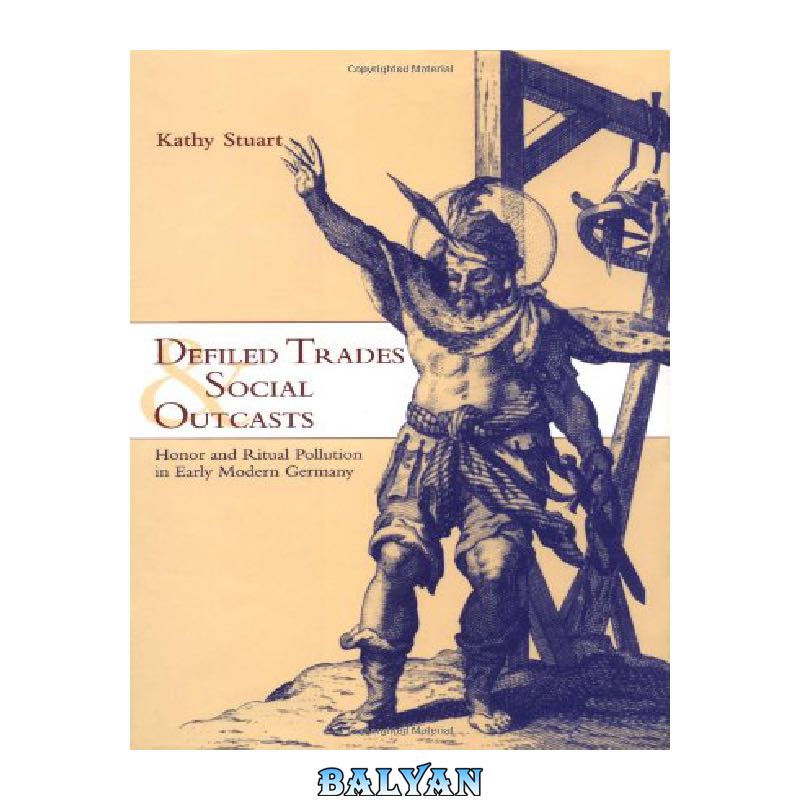

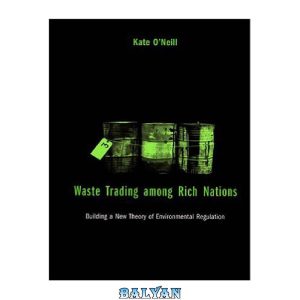
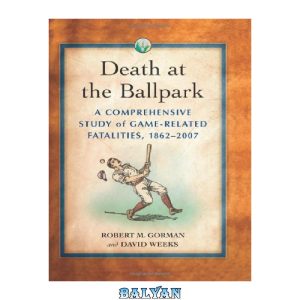

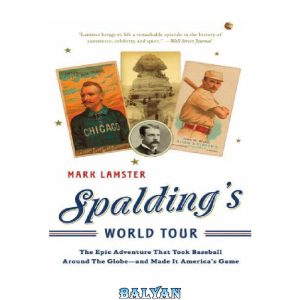



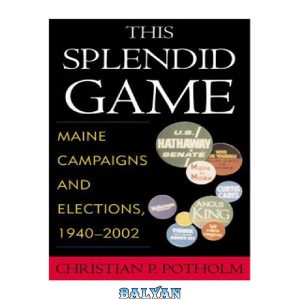
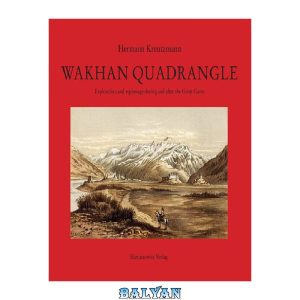
نقد و بررسیها
هنوز بررسیای ثبت نشده است.